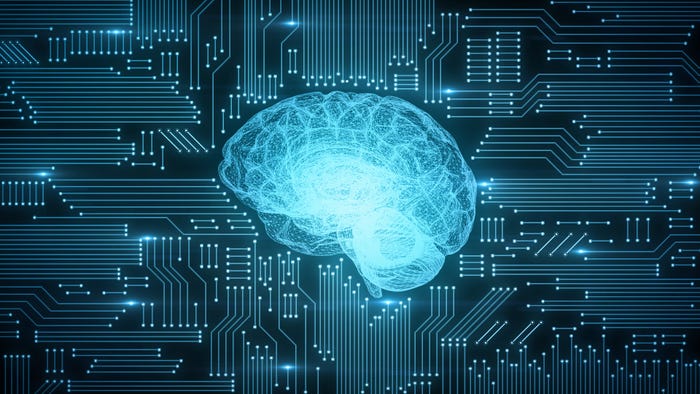Musk Neuralink Reports Issue With First Implanted Brain ChipMusk Neuralink Reports Issue With First Implanted Brain Chip
The ‘threads’ connecting its chip to the human patient’s brain have retracted, according to the company

Elon Musk’s brain implant startup, Neuralink, has reported that the brain chip implanted in the first human patient has run into problems after a number of the “threads” connecting the chip and brain retracted.
Neuralink announced in January that it had successfully implanted the chip in a 29-year-old patient, Noland Arbaugh. Arbaugh lives with quadriplegia following a diving accident.
Several updates followed, including Arbaugh’s ability to control a computer mouse with only his thoughts and play video games including Mario Kart using the chip.
The chip works by recording a patient’s neural activity using 1,024 electrodes distributed across 64 flexible “threads,” each thinner than a human hair.
According to a company blog post, the retraction of the threads has led to a “net decrease” in the number of effective electrodes, limiting Neuralink’s ability to monitor the chip’s performance.
“In response to this change, we modified the recording algorithm to be more sensitive to neural population signals, improved the techniques to translate these signals into cursor movements and enhanced the user interface,” the blog post said. “These refinements produced a rapid and sustained improvement in bits per second, that has now superseded [the patient’s] initial performance.”
The issue does not seem to have threatened Arbaugh’s health or safety and the blog post included additional updates, such as the fact that he uses the system for around eight hours during the week and as many at 10 at the weekend.
“It's like a luxury overload, I haven't been able to do these things in eight years and now I don't know where to even start allocating my attention,” Arbaugh said.
Neuralink said it plans to expand the chip’s functionality, enabling control of hardware such as robotic arms, wheelchairs and other technologies that “may help increase independence for people living with quadriplegia.”
The work with Arbaguh comes as part of the Precise Robotically Implanted Brain-Computer Interface (PRIME), which is testing Neuralink’s chip as an assistant for people with paralysis, allowing them to “control external devices with their thoughts,” according to Neuralink.
About the Author
You May Also Like








